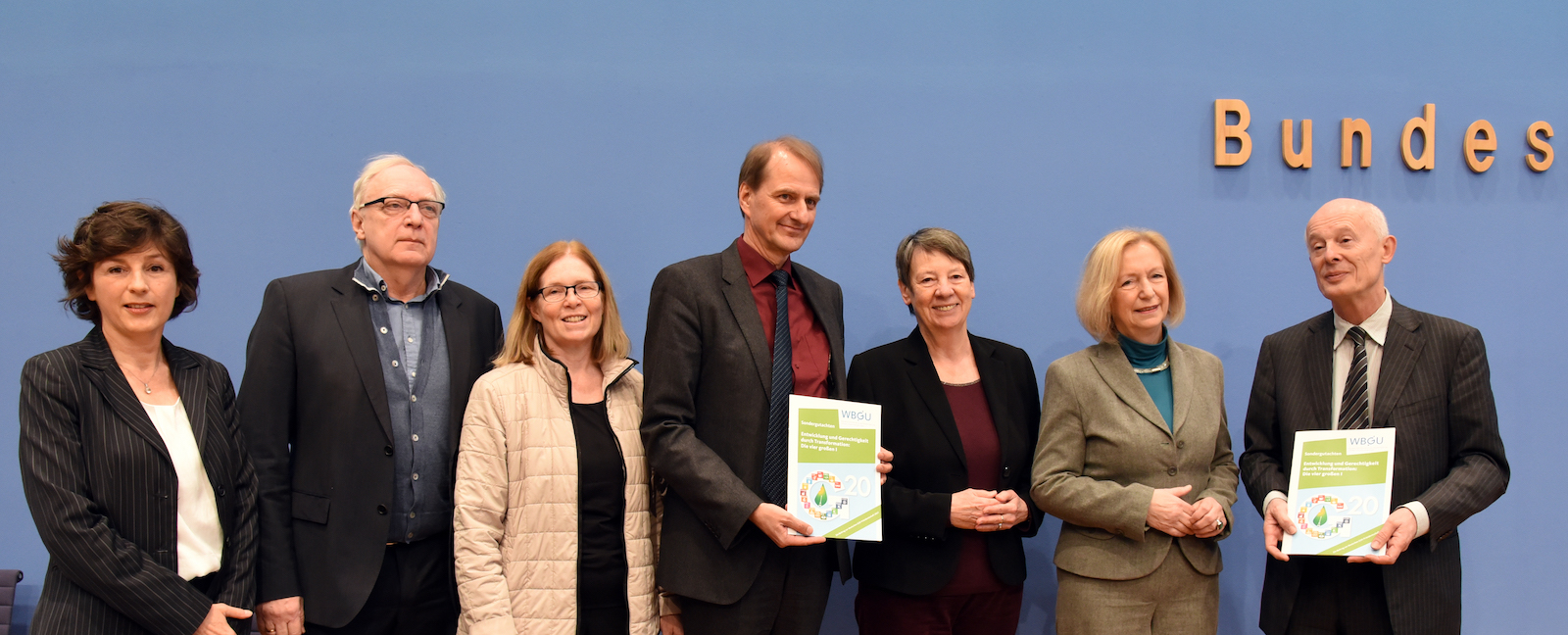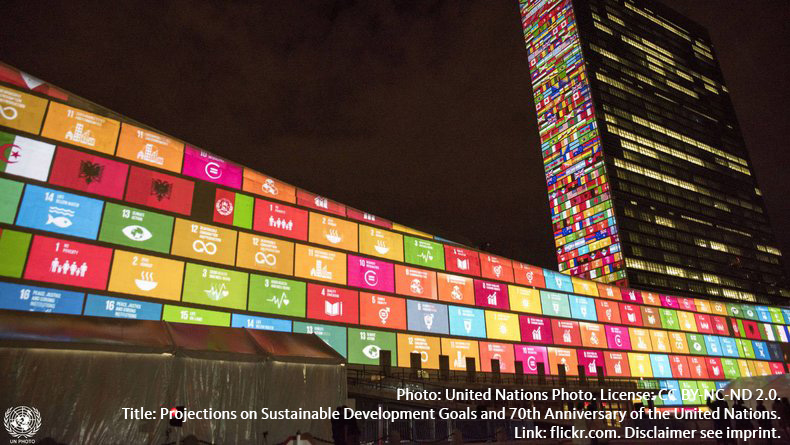Germany’s G20 Presidency called upon to back a new project for humankind
The complete decarbonization of the world economy, which is necessary to avoid the gravest climate risks, can only be implemented by profoundly changing energy systems and other emissions-intensive Infrastructures. The G20 states should decarbonize their economies by 2050. They should regard the ‘Great Transformation’ towards sustainability as a modernization project for the global economy that offers significant opportunities. The transformation towards a sustainable society can inspire Innovation and steer Investment in the direction of sustainability and climate protection.
On the practical side, the scientists recommend that the G20 nations set up transformative sovereign wealth funds (future funds) – financed by pricing CO2 emissions and a reformed estate tax – that invest money in industries key to the transformation. In addition, the transformation towards a sustainable society should be used to reduce social and economic inequality, i.e. to promote Inclusion both within societies and globally, making it an equity project. The future funds could serve this purpose, too, depriving populist movements of part of their basis – a widespread sense of injustice – without reproducing their reality-distorting rhetoric.
In its report, the WBGU recommends that the group of twenty major industrialized and emerging economies (G20) provide strong leadership and vigorously tackle the implementation of the Sustainable Development Goals and the Paris Agreement on climate change, both adopted in 2015. These two agreements are gaining even greater significance in view of the growing tensions and divisions both in global politics and in many national societies. This applies even more after the presidential election in the USA. Sustainable development, particularly global climate protection, is currently the only ambitious project involving all the world’s nations on which a consensus could be reached. States can build mutual trust through successes in this important policy field. In this way, the Great Transformation towards sustainability also becomes a peace project.

